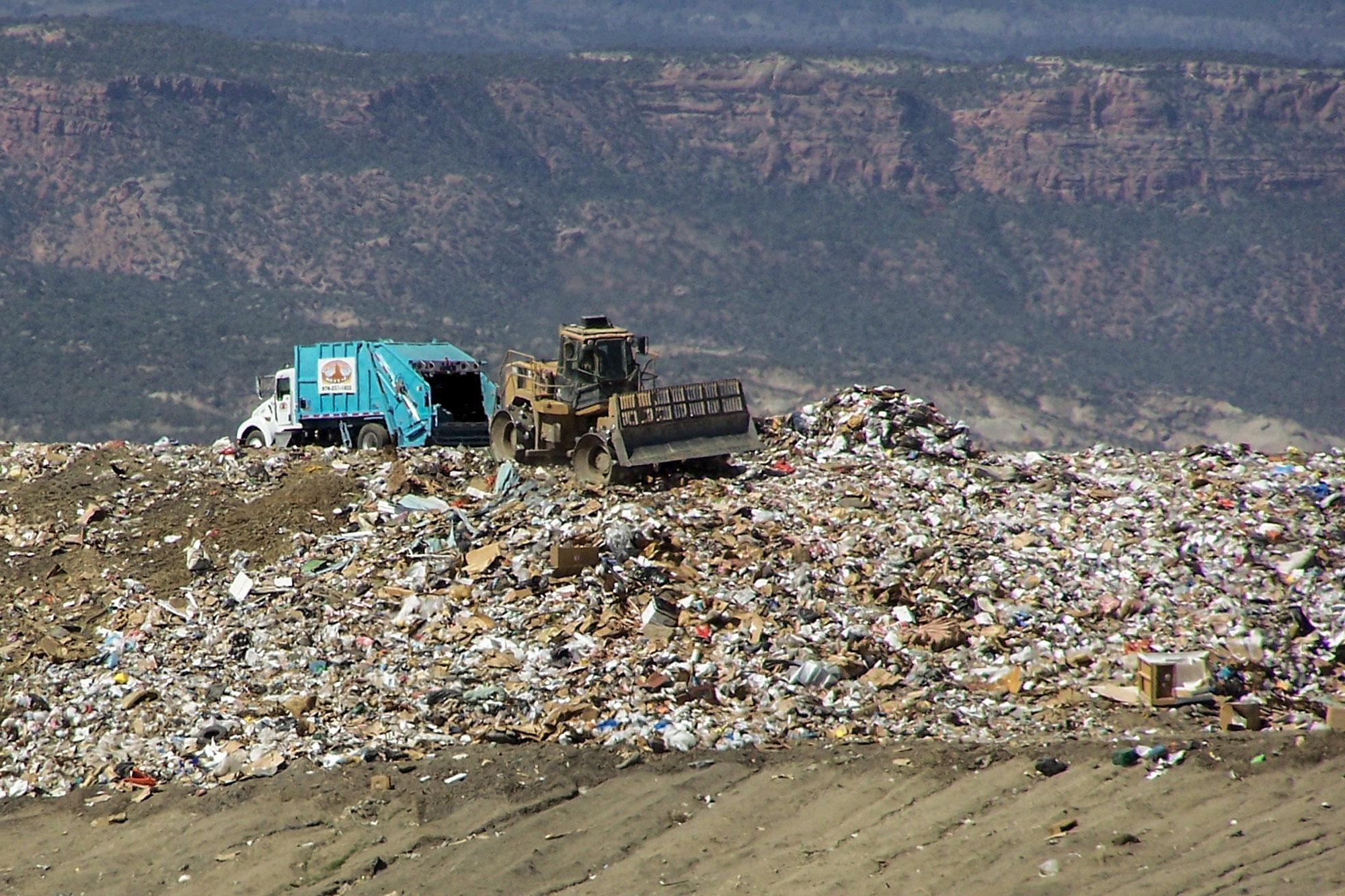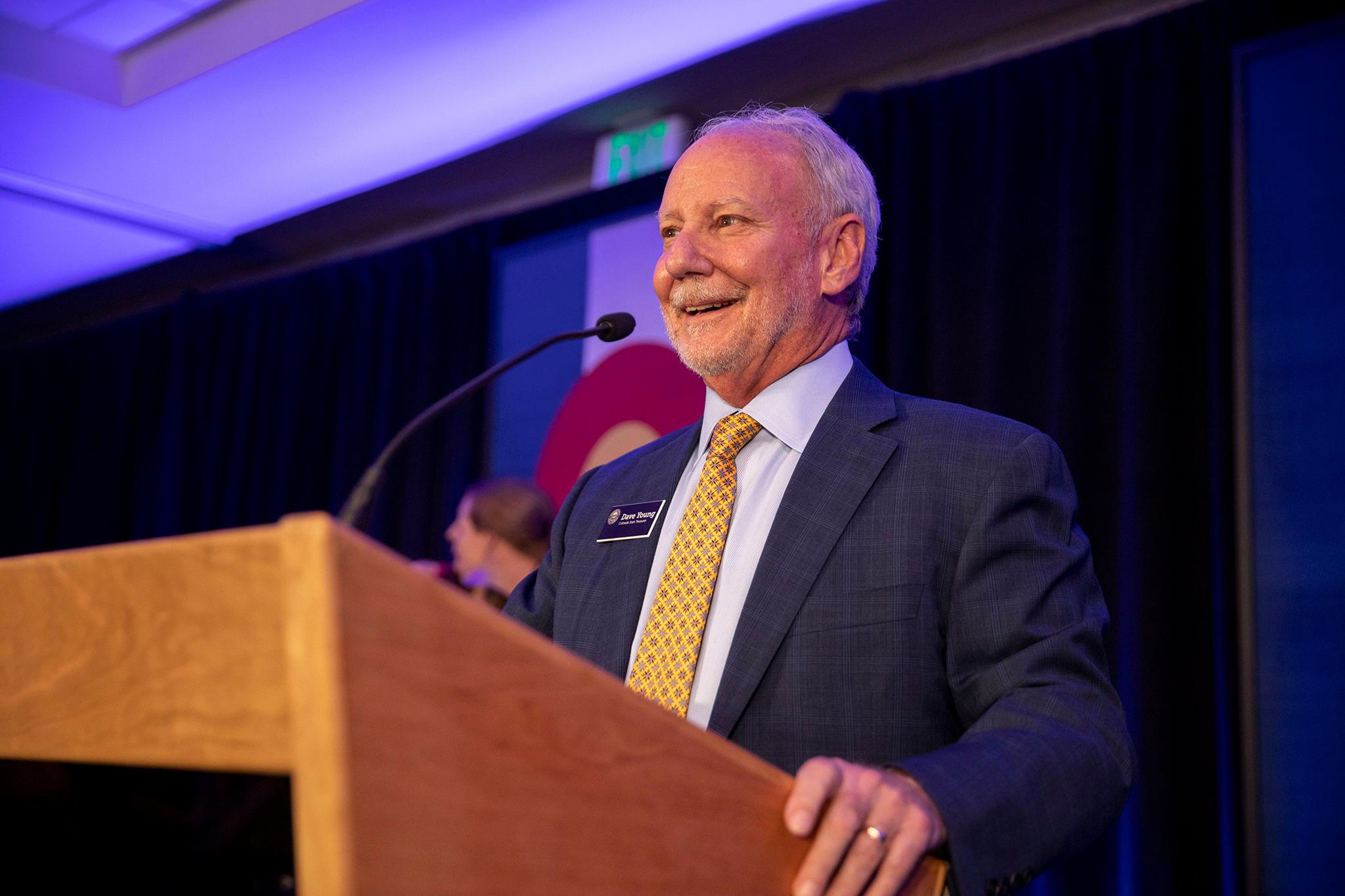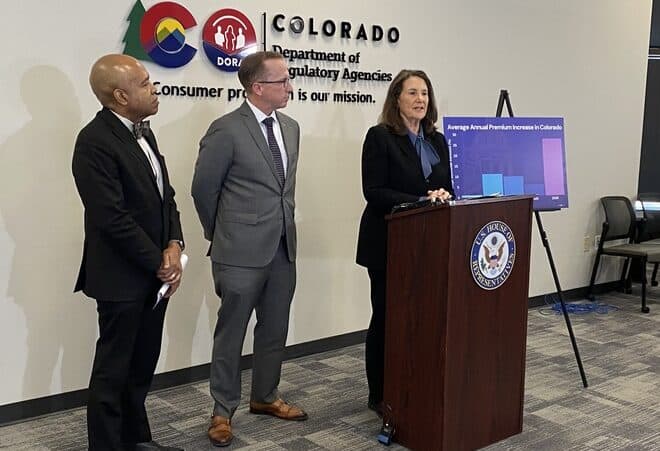
Coloradans are speaking out about what Affordable Care Act tax credits mean to them as concerns grow and the federal government shutdown continues.
“I wake up every single day worrying about health care and how to pay my bills. And I go to sleep worrying about that every single damn day,” said Chelsey Baker-Hauck, a Denver resident. She said she’s politically unaffiliated and gets her insurance through the state’s exchange, Connect for Health Colorado.
She spoke at a news event held by First District Rep. Diana DeGette, a Democrat, on Monday.
Baker-Hauck, 52, who joined the downtown event via Zoom, runs a consulting business and relies on Connect for Health.
It helps her pay for a number of medications for a heart condition that came after she developed Long COVID. She said she doesn’t drink, smoke or use drugs. She estimates if she had to pay out of pocket for her health care and expensive prescription drugs, which can run tens of thousands of dollars a month, her costs would top $400,000 annually.
She said she didn’t want to be at the press conference, sharing her personal health and financial information with the world, but said she felt she had to because it’s so important.
“Millions of Americans like me are facing the loss of health insurance because we can no longer afford it,” Baker-Hauck said, noting she and others face a lifetime of health care debt they'll never recover from.
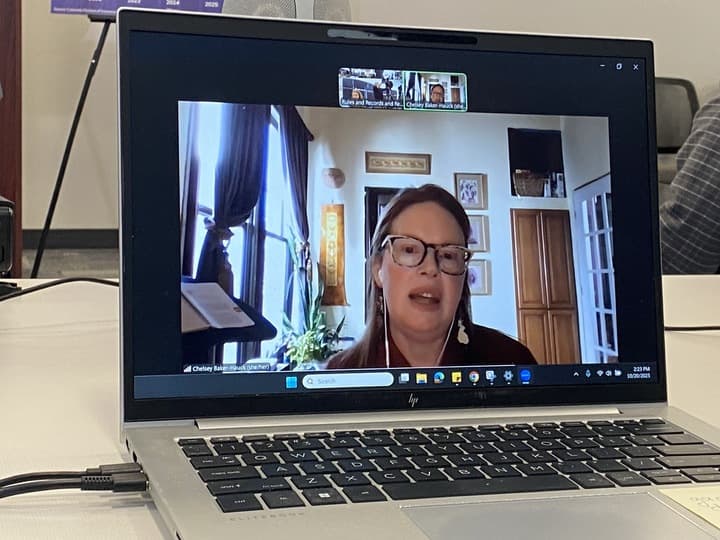
She blamed policy inertia in Washington, D.C., which she said “will cost people like me their lives.”
Instead of focusing on taking care of her health, she’s worried about the high costs.
“How to pay for insurance, how to pay for my mortgage, how to keep doing this when so much of my income has been sucked up by health care,” she said.
DeGette’s party wants the subsidies to be extended. They help people afford to buy insurance for health coverage on state marketplaces, also called exchanges, which were established when the ACA, also called Obamacare, launched.
Mike Johnson, the Republican House Speaker, has called the subsidies, which were enhanced to help people get through the pandemic, a “boondoggle.”
“The COVID-era Obamacare subsidy that they’re all talking about that’s supposedly the issue of the day doesn’t expire until the end of December. And by the way, it is the Democrats who created that subsidy, who put the expiration date on it,” he told reporters earlier this month.
“They put an end date on it because they knew it was supposed to be related to COVID, and it’s become a boondoggle,” Johnson said. “When you subsidize the health care system and you pay insurance companies more, the prices increase.”
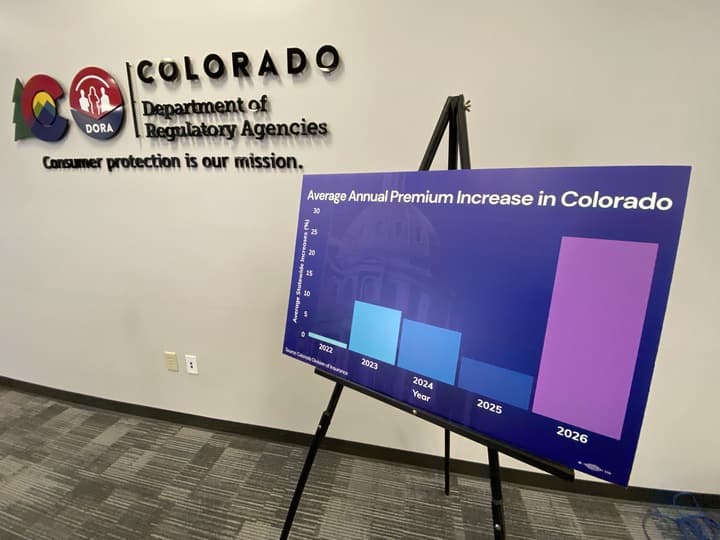
DeGette was joined by Michael Conway, the state’s insurance commissioner and Kevin Patterson, who leads the state’s marketplace. They stood in front of a poster showing health insurance premiums skyrocketing by 28 percent next year if the tax credits aren’t renewed.
Conway said that’s just the base rate increase and that people who lose tax credits will see premiums increase by 160 percent to 170 percent if the subsidies expire. In rural areas, the increase could be more than triple.
That’ll mean tough choices, he said.
“We're gonna hear families that are making the choice between paying their mortgage or keeping their access to health care,” Conway said. “It is going to be tragic for those families. So we have to find a solution.”
One estimate predicted more than 100,000 Coloradans would skip paying for insurance and take their chances.
DeGette said in her Denver district, a 60-year-old couple earning $82,800 will see annual increases in their health premiums by more than $15,000.
“This is simply unacceptable, and it's also unsustainable,” because prices for everything else, like food and energy, keep going up. “I think we should be making it easier for people to get their health insurance, not harder and more expensive. We're heading into a health care crisis, and it's of the Republicans' own making.”
Both Conway and Patterson said their agencies were ready to help Coloradans adjust if and when Congress forges a deal, even if it’s after the Nov. 1 start date for open enrollment to sign up for health insurance.
Patterson underscored concerns for people living in rural Colorado.
He said he’d recently talked to folks in Costilla County, one of the state’s poorest in south central Colorado. Their average net premium is about $78, but what they actually would pay if the federal subsidies aren’t restored is tenfold more, about $759 a month. “So it is a huge amount, especially for a county that really can't afford that kind of change in the expense,” he said.
Even people who don’t rely on subsidies or get insurance through the exchange are expected to see their premiums rise because fewer people in the insurance pool raise costs for everyone. What’s more, uninsured patients typically delay care and end up sicker and needing emergency care at hospitals, which is way more expensive.
“There isn't a corner of our health care ecosystem that's going to be safe from the disaster that is coming our way,” said Conway. “People are still gonna get sick, right? And they're still gonna go to the hospital, and if they don't have health insurance coverage, that's gonna become uncompensated care for hospitals and the hospitals will roll that back up into the rest of the insurance market.”





